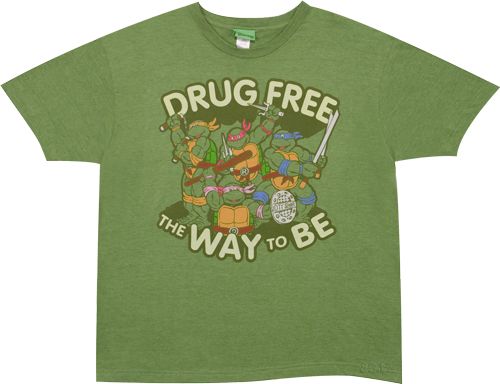magickpencil
Alpiniste Kundalini
- Inscrit
- 15/5/08
- Messages
- 674
here's a cringe-inducing "review" of C. Casteneda's The Teachings of Don Juan - A Yaqui Way of Knowledge that i found on amazon.com
quite indicitive of some peoples' ideas on entheogens
see the original review and follow-up comments here
quite indicitive of some peoples' ideas on entheogens
R. Horton a dit:This so-called "Way of Knowledge" is certainly not a "Way of Wisdom." Before we delve too deeply in these ideas of "becoming a man of knowledge" and all the wacky implications of "alternative realities," let's not forget that knowledge is one thing, and wisdom is quite another. Knowledge is knowing about things - facts, you might say. Wisdom, on the other hand, is knowing how to apply these facts in a sensible way to our own lives. Whenever something like this comes around, we must ask ourselves this question: Is it really wise to throw commonly held, proven, and traditional wisdom in favor of some new, "revolutionary" claims to knowledge?
As far as I am concerned, this don Juan is little more than a 20th century witch-doctor who has smoked too much weed for his own good. Whenever you read an author who is proporting that hallucinogenic drugs can give you knowledge, remember this little tidbit of proven, scientific, empirical information - drugs kill brain cells. His theories of overcoming the "4 enemies" are certainly intriguing. That is, they hold a great deal of truth in any aspect of life, for any human endeavor. The problem is, the endeavor that is undertaken in this book is experimenting with illicit drugs in order to "understand" an ambiguous form of "knowledge" and "reality" that we do not ordinarily percieve. Well of course! When you get yourself high, you hallucinate and see weird stuff. So do people with mental disorders. It's called a disorder for a reason, folks.
While this book may be readable, intriguing, and at times fascinating, I don't buy into a bit of it. Books about Mexican drug-lords posturing as wizards and wiseguys are not for me. I'll stick to the classics, thank you very much - to quality literature that has proven itself to be true over the span of time.
The 1960's were a period of temporary insanity in our culture. In 2006, we've learned the error of our ways, grown up, and sobered up. Let's leave this experimental nonsense where it belongs: in the funny farm.
see the original review and follow-up comments here
